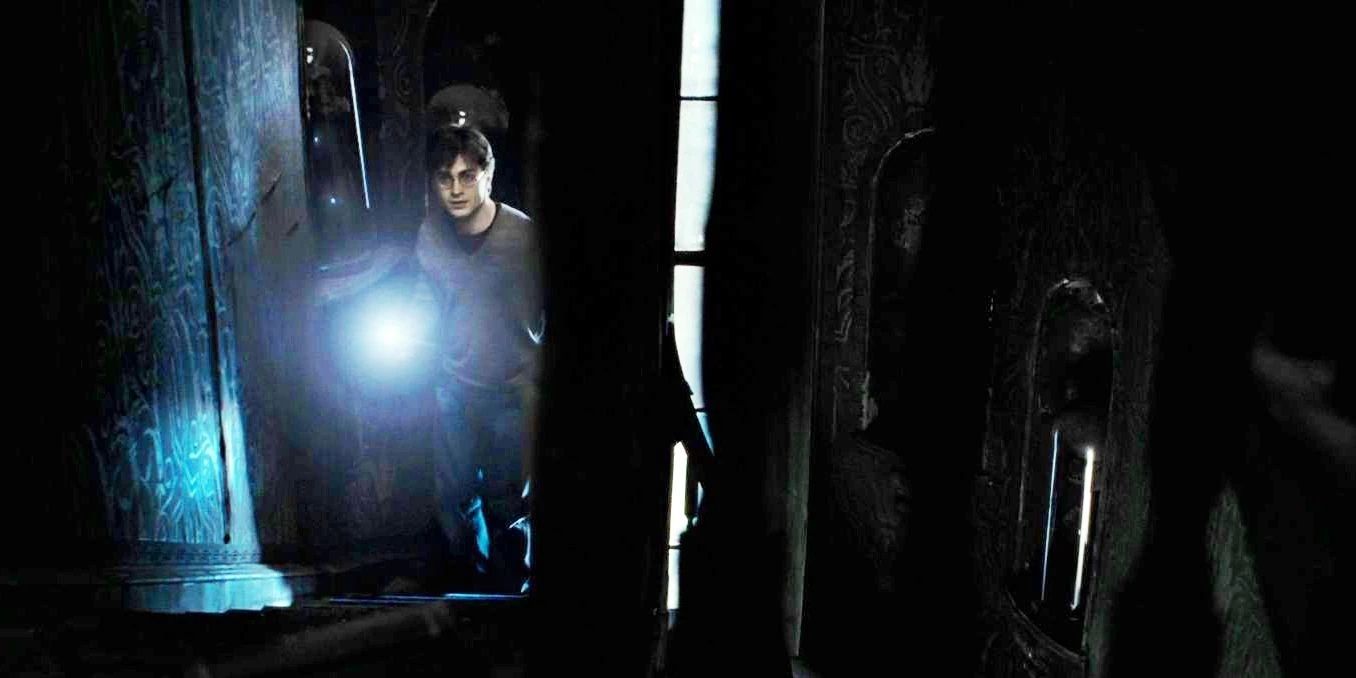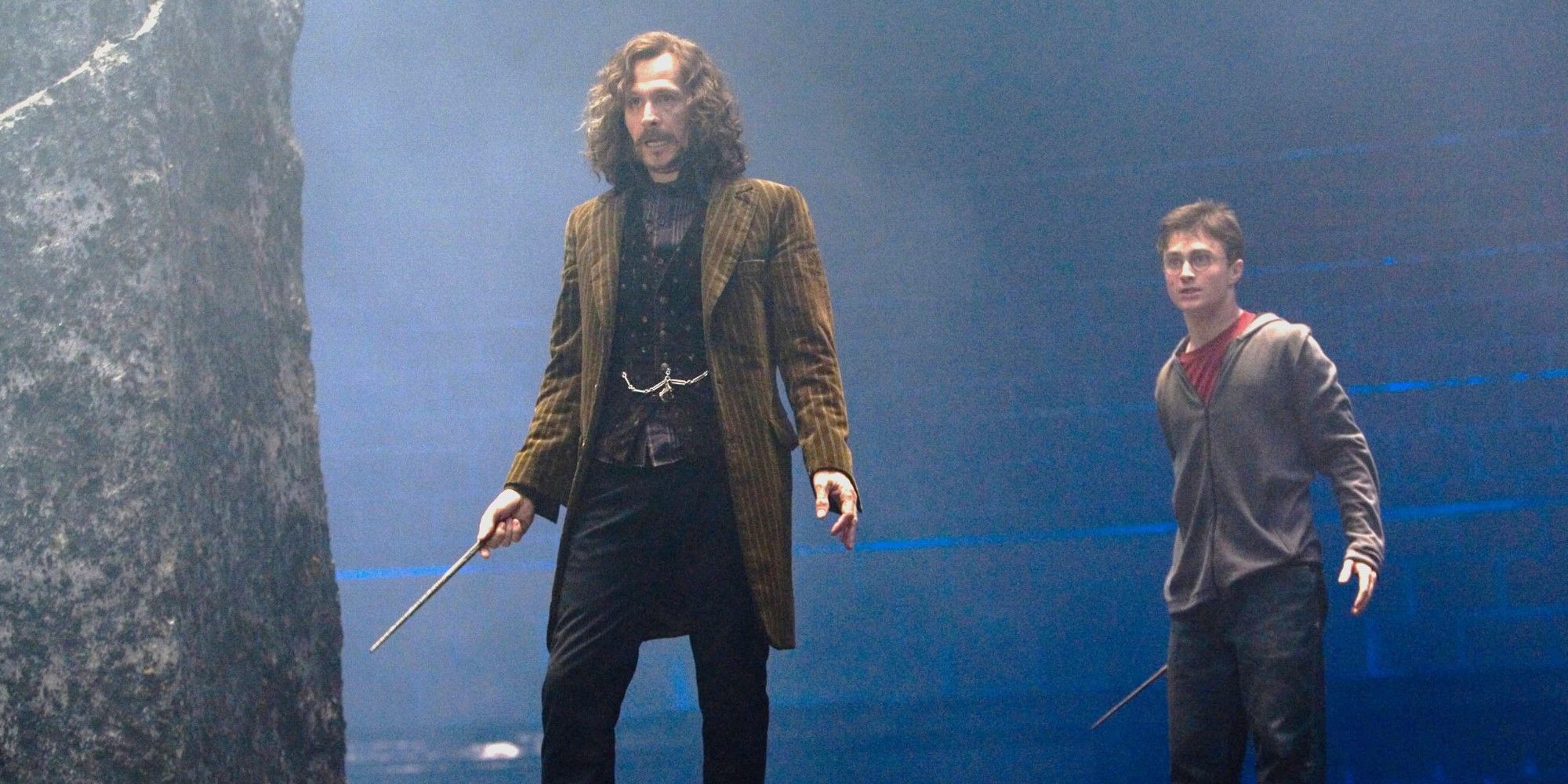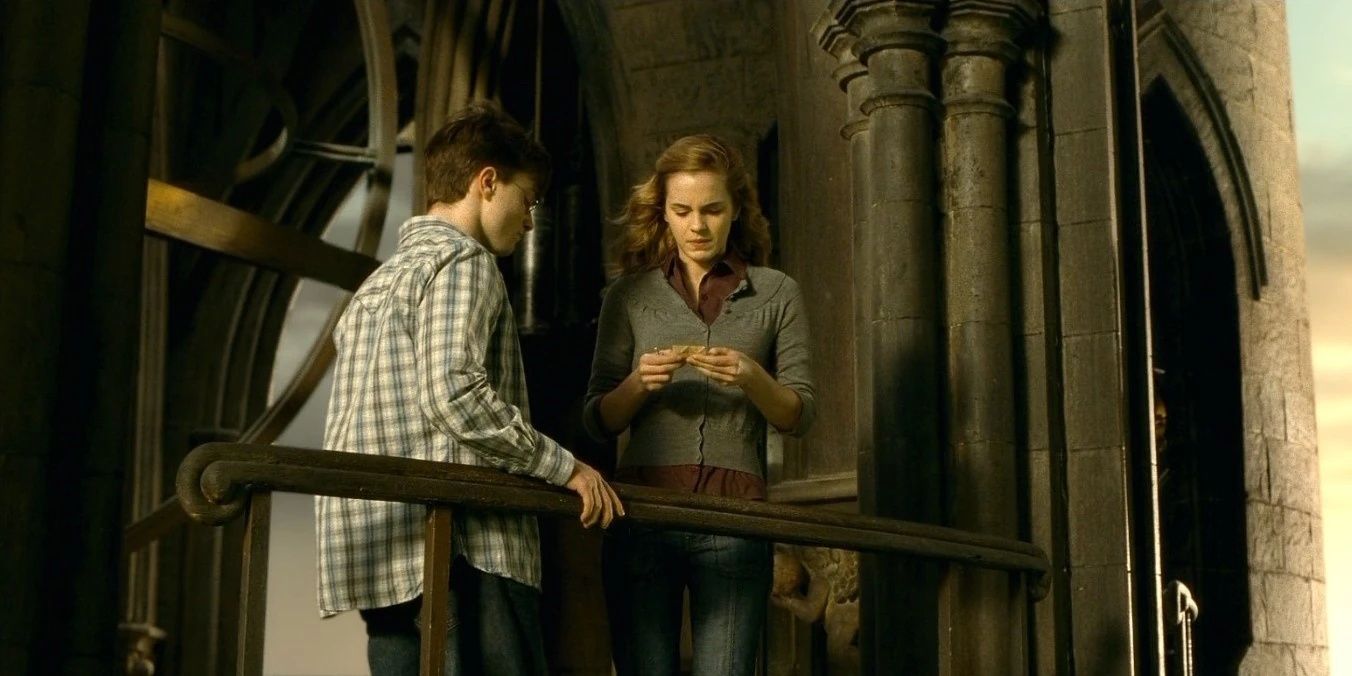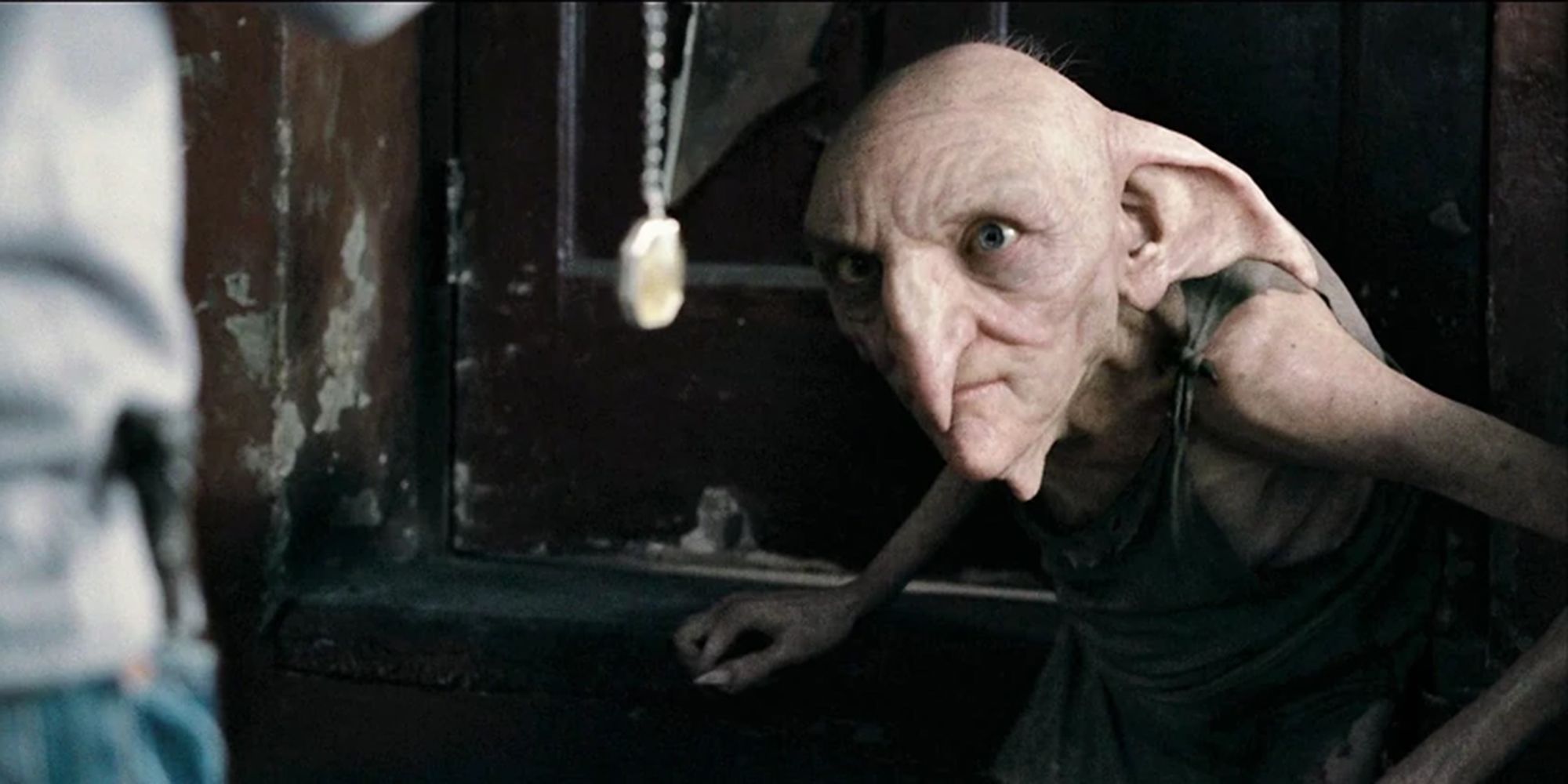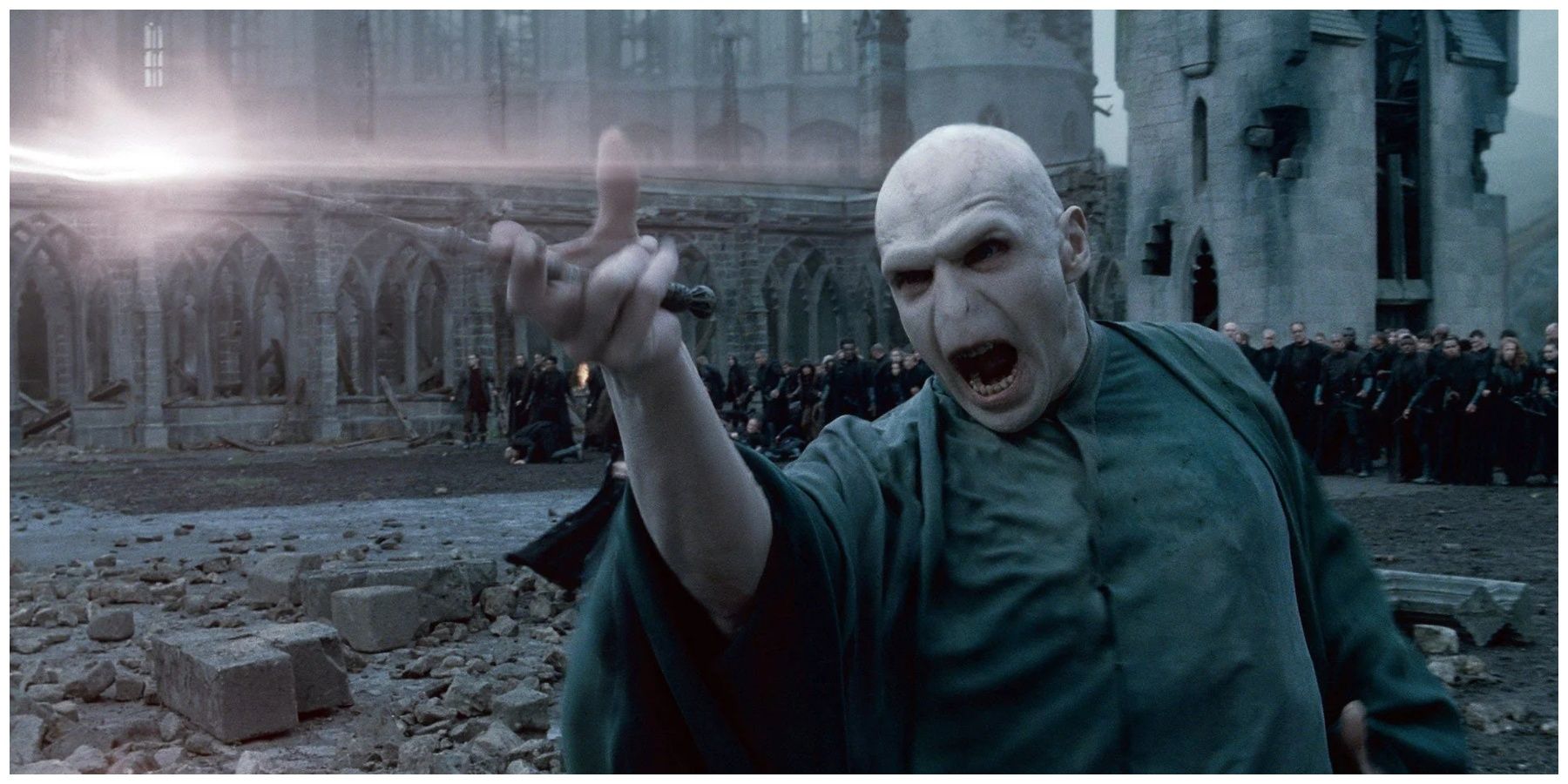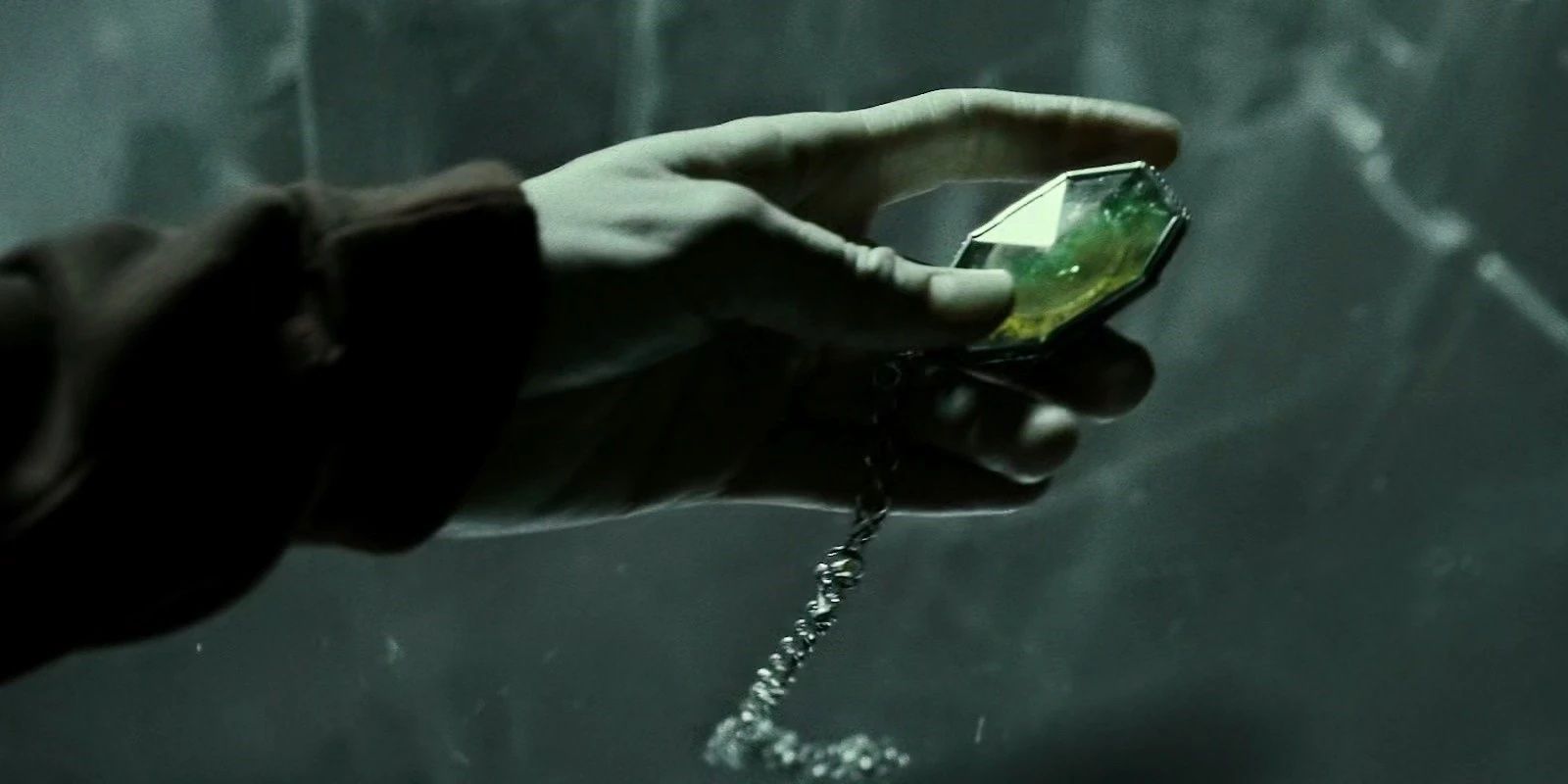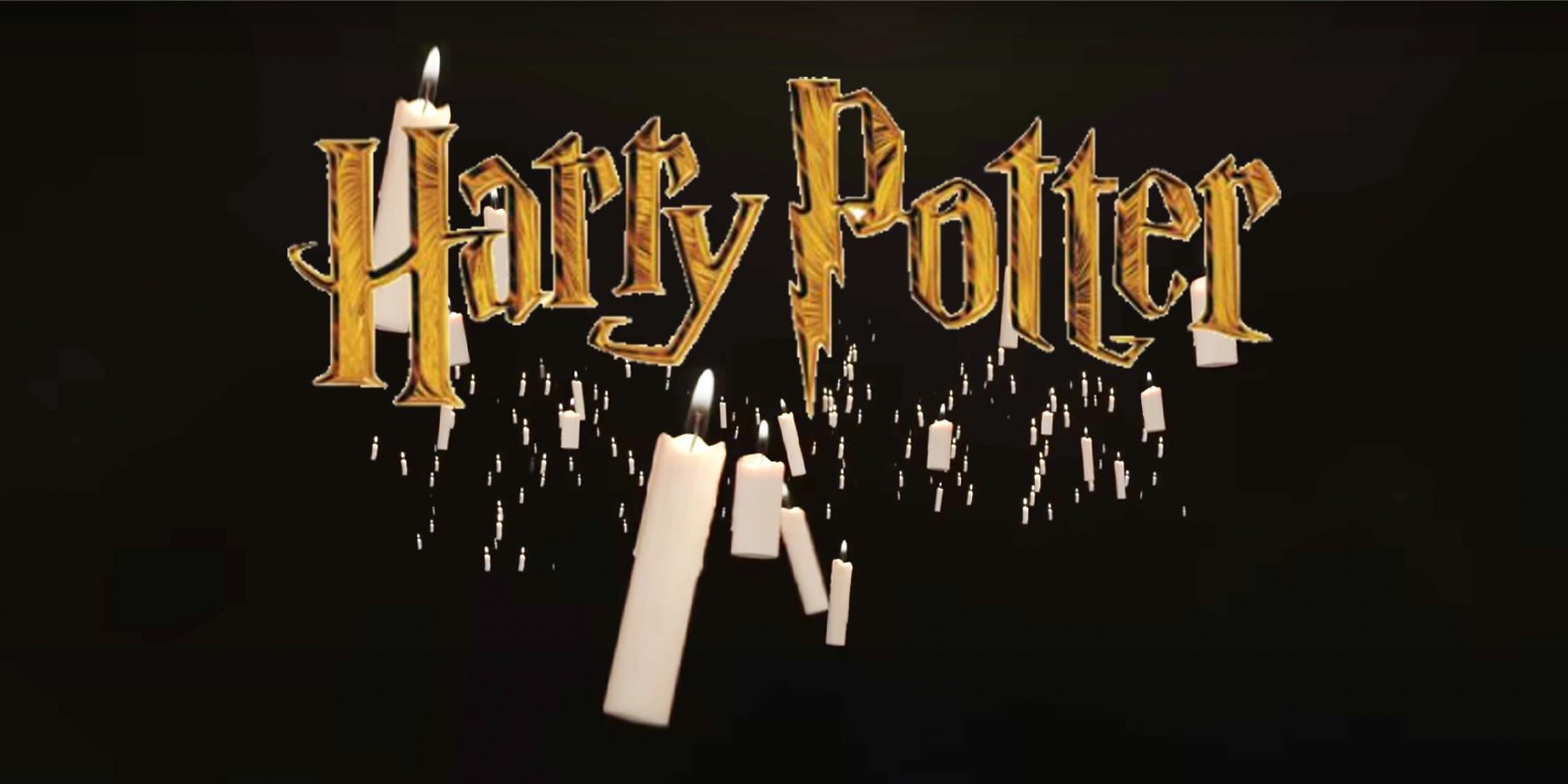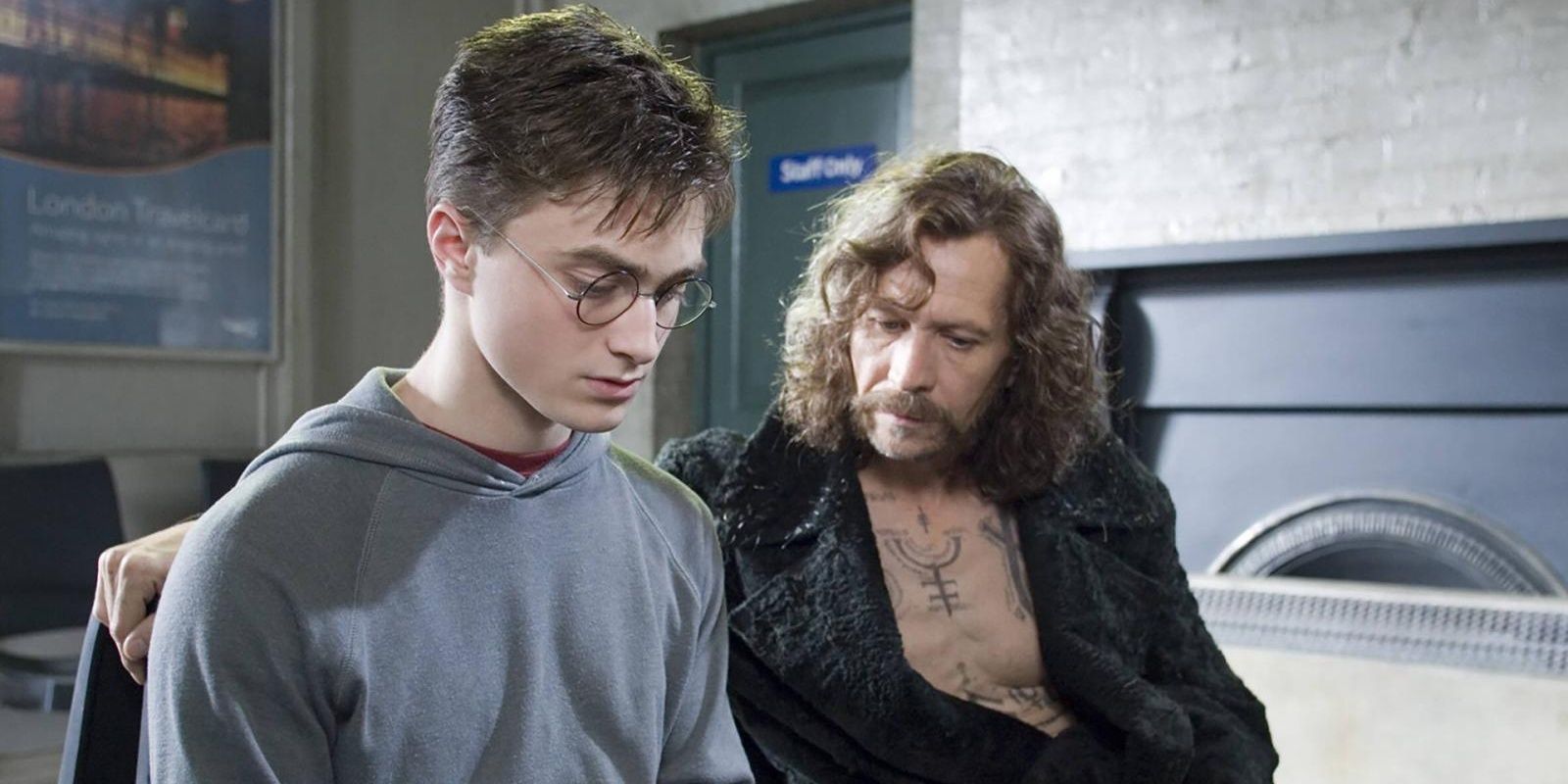
The Hidden Truth Behind RAB: Unveiling the Mystery in Harry Potter

Unveiling the enigmatic RAB, a character with a complex presence in Harry Potter films Discover the connection between Regulus and Sirius, the circumstances of RAB's introduction, the reasons behind Regulus betraying Voldemort, his rebellion against the Dark Lord, the motivation behind stealing the Locket, and the possibility of Regulus appearing in the upcoming Harry Potter TV series
Since its introduction in Harry Potter and the Half-Blood Prince, the enigmatic initials R.A.B have held a chilling presence throughout the subsequent Harry Potter films. Initially associated with one of Voldemort's Horcruxes, Salazar Slytherin's Locket, R.A.B comes to play a pivotal role in Harry Potter's ultimate triumph over Voldemort. However, little is divulged about R.A.B's true identity in the movies.
While the books delve deeper into R.A.B's character, his significance often tends to be overshadowed by the more prominent figures in the series. Consequently, fans are likely to have lingering uncertainties concerning R.A.B - such as the meaning behind the initials, his connections with other Harry Potter characters, and the extent of his involvement in the storyline.
What does R.A.B stand for?
How are Regulus and Sirius linked?
R.A.B, short for Regulus Arcturus Black, is a name that Harry Potter fans will recognize. What stands out about this name is the connection to another important character in the series - Sirius Black. In the world of Harry Potter, the Black family is known for their status as Pure-Bloods and their unwavering support of Voldemort. However, Sirius goes against his family's beliefs and rebels against Voldemort's ideology. This act leads to his mother removing him from the family tapestry, a visually powerful moment depicted in the 2007 film, Harry Potter and the Order of the Phoenix.
Regulus Black is the younger sibling of Sirius Black, but their paths diverged when it came to their family's affiliation with the Death Eaters. While Sirius actively opposed this dark alliance, Regulus embraced it, leading to a growing tension between the brothers. This discord intensified throughout their years at Hogwarts.
Whilst Regulus adhered to the family tradition of being sorted into Slytherin, the Sorting Hat deemed it fitting to place Sirius in Gryffindor – serving as a clear representation of the contrasting personalities between the two brothers. As time went on, the tension between them continued to escalate, culminating in their definitive separation upon graduating from Hogwarts. Regulus proceeded to join the ranks of the Death Eaters, solidifying the brothers' official divide. It was not until he chose to defy his family's predetermined destiny that Regulus earned recognition as a formidable servant of the Dark Lord.
When are audiences introduced to R.A.B?
The initials R.A.B. are first introduced in Harry Potter and the Half-Blood Prince. After unlocking Salazar Slytherin's Locket, Harry comes across a note signed by R.A.B. The note is intended for the Dark Lord and states: "Though I expect to be deceased when you peruse this, I want you to comprehend that it is I who uncovered your secret. The authentic Horcrux has been pilfered by me with the intention of obliterating it expeditiously. May my demise bring about your vulnerability, ultimately rendering you mortal once more."
R.A.B’s true identity remains a mystery until Deathly Hallows: Part 1. Following their escape from the Death Eaters during Bill and Fleur’s wedding, Harry, Ron, and Hermione find themselves at the doorstep of 12 Grimmauld Place. Amongst the numerous doors, one bears the name Regulus Arcturus Black. In a moment of realization, Harry connects the dots and concludes that this must be the same Regulus who penned the letter to Voldemort. Ron confirms this suspicion by revealing Regulus as Sirius' long-lost brother. While the movies only touch upon Regulus briefly, the books delve deeper into his intricate character. Regardless, both the books and movies emphasize the significance of Regulus' betrayal of Voldemort as a pivotal element in Harry Potter's journey.
Why did Regulus betray Voldemort?
Having integrated himself into the ranks of the Death Eaters, Regulus gradually began to witness the true malevolence of Voldemort's followers. The books subtly hint at Regulus' growing unease with the excessive cruelty that Voldemort imposed upon the Blacks' devoted house-elf, Kreacher. Consequently, Regulus made the bold choice to defy the Dark Lord himself, a decision that inevitably led to profound repercussions.
How did Regulus rebel against the Dark Lord?
Regulus formulated a plan to annihilate one of Voldemort's Horcruxes, the Salazar Slytherin's Locket. By substituting the genuine locket with a counterfeit, Regulus embarked on his mission to obliterate the Horcrux. Regrettably, as depicted in Harry Potter and the Half-Blood Prince, Voldemort had cunningly set a series of traps around the locket's location within the cave. Tragically, Regulus perished in his valiant attempt to vanquish the authentic Horcrux, a truth that may have forever eluded Sirius.
Nevertheless, the films suggest that Voldemort himself eliminated Regulus upon discovering his treachery. Ultimately, it is Ron Weasley who triumphantly destroys the genuine Locket using the Sword of Gryffindor, as seen in the Deathly Hallows: Part 1. Ron's decisive act of obliterating the Locket fulfills Regulus' narrative.
Why did Regulus decide to steal the Locket?
Regulus chose to steal the Locket with the intention of assassinating the Dark Lord, signifying his complete separation from the Death Eaters. It is probable that Regulus was coerced by his family to align himself with the Death Eaters, indicating that he was never genuinely supportive of Voldemort.
By taking possession of the Locket, it is clear that Regulus desperately sought redemption and aimed to protect others from Voldemort's brutality. This narrative bears an uncanny resemblance to that of another character in the Harry Potter series, Draco Malfoy. Much like Regulus, Draco experienced immense family pressure to align with the Death Eaters, despite his own hesitations in aligning with Voldemort.
Will Regulus feature in the upcoming Harry Potter TV series?
The upcoming Harry Potter series is expected to faithfully adapt J.K Rowling's original books, closely following their plot. It has been rumored that the series will delve into a story that spans over a decade, which opens up the possibility for the character of Regulus to make a comeback on screen. Unlike the film franchise, this series has the potential to delve deeper into the Blacks' family history and possibly recount the forgotten years that both Regulus and Sirius spent at Hogwarts.
